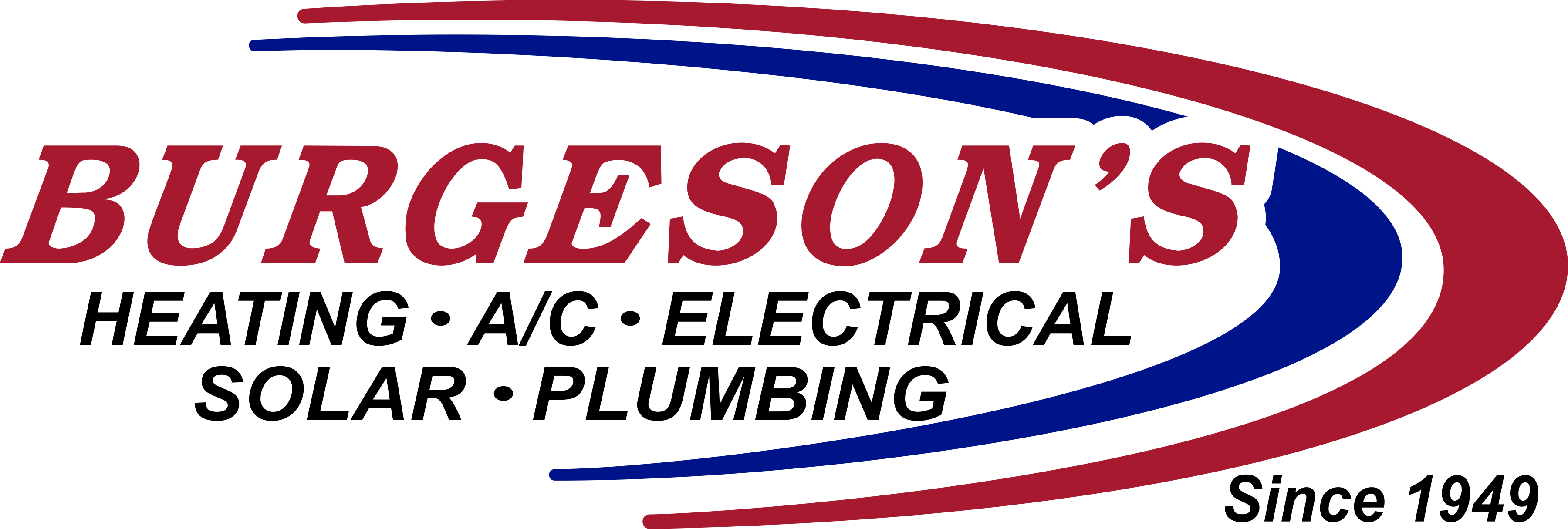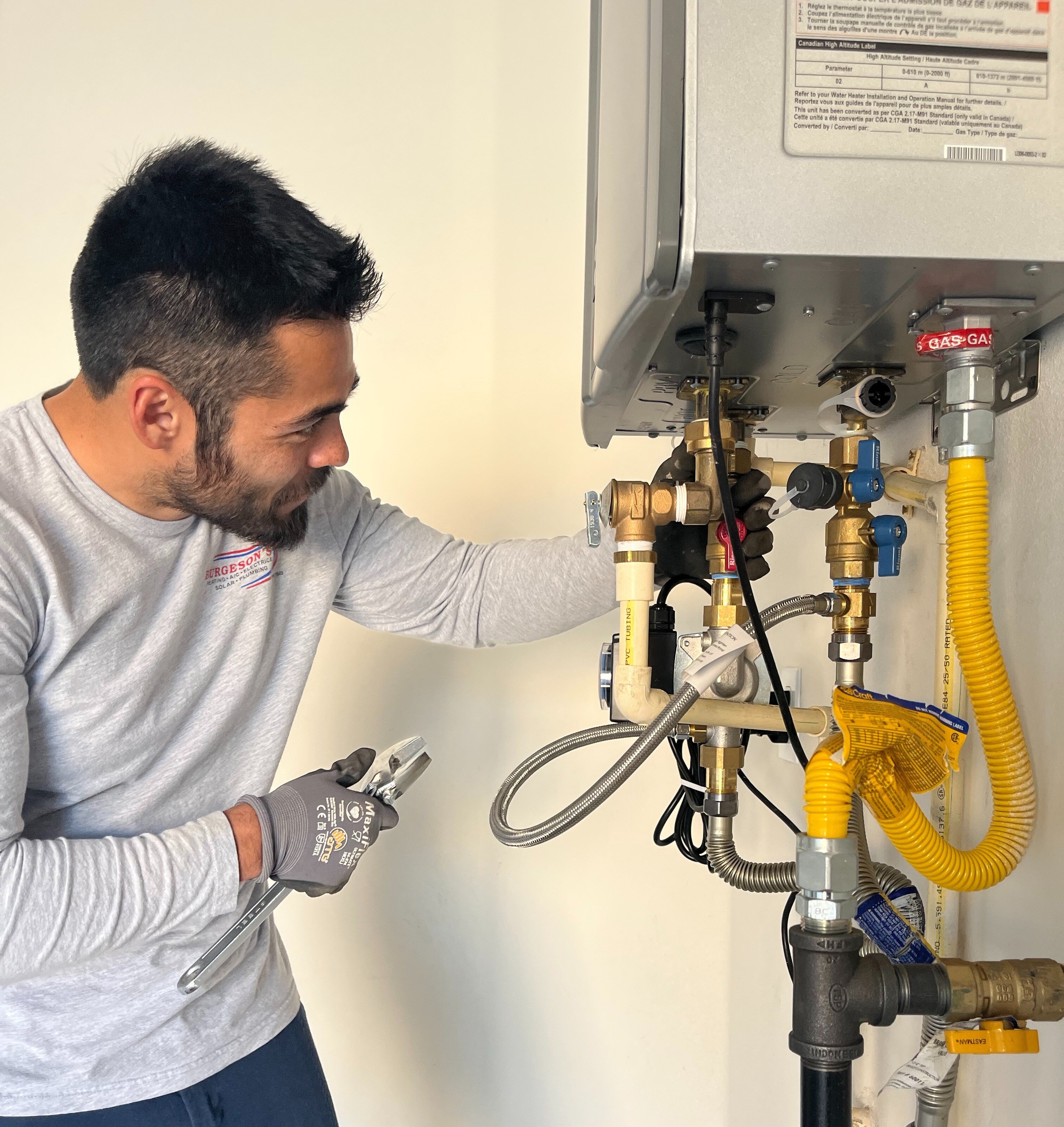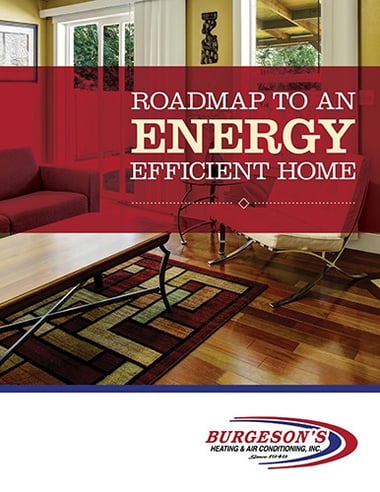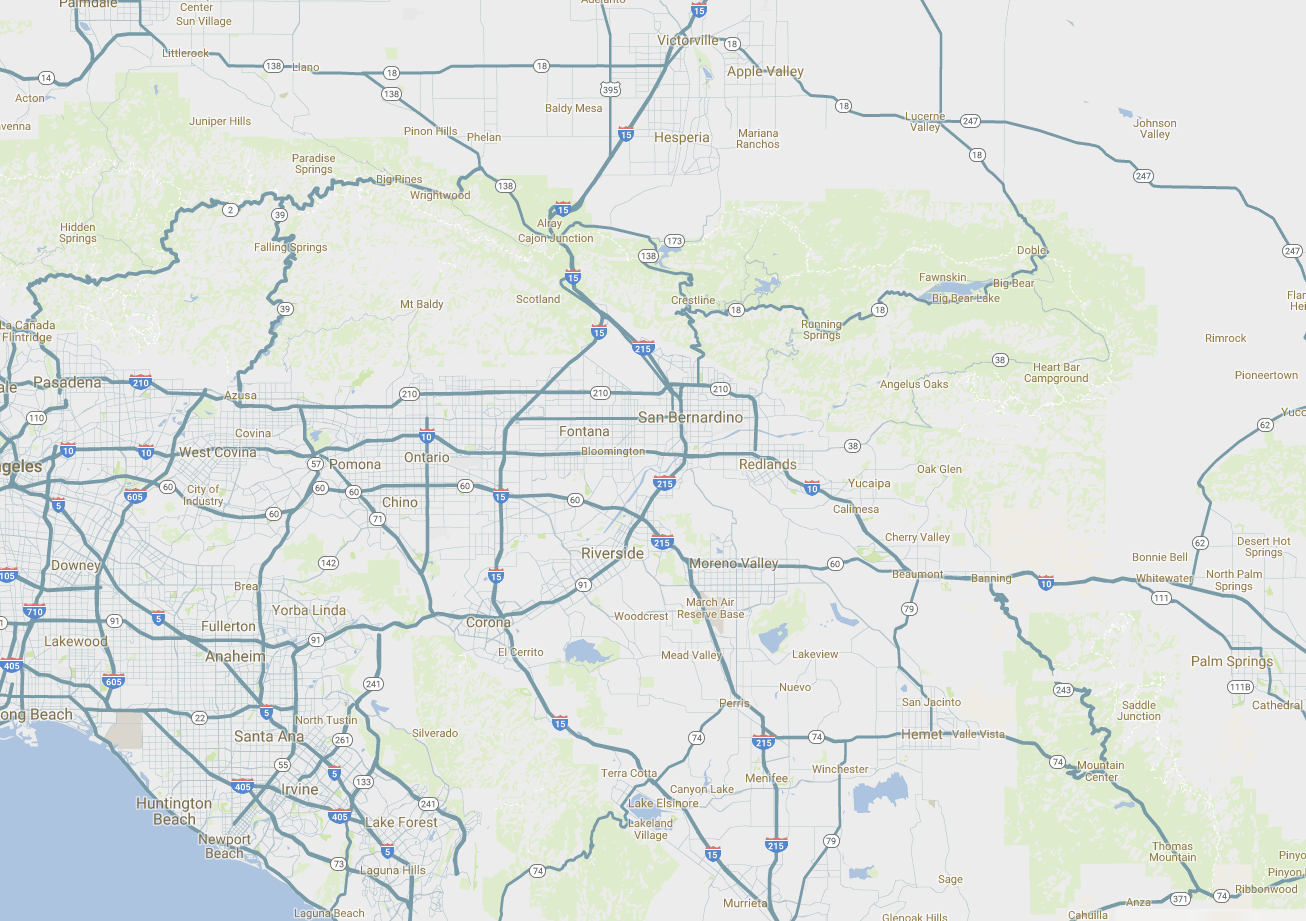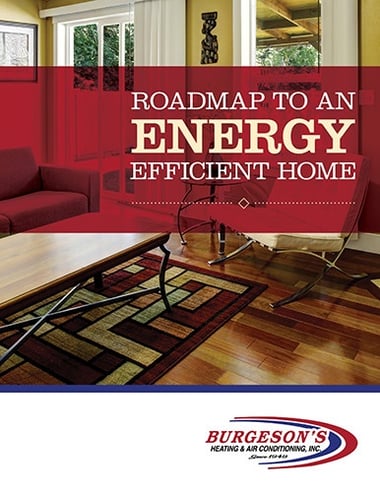How great would it be to have hot water ready to go the instant you turned on the shower or went to wash your hands in the sink? Sounds amazing, right?
As it happens, instant hot water any time you need it is entirely possible with a hot water recirculating pump.
But what exactly is a hot water recirculating pump? How does it work? And just as important, how much does one cost?
We will answer all of the above questions in this blog, and while you may feel like an expert at recirculating pumps after reading it, you may still want to hire a professional to install one for you!
Let’s jump right in and find out how these pumps work, shall we?
Call and Schedule Your Hot Water Recirculating Pump Installation with Burgeson’s Today
The professional plumbers at Burgeson’s are some of the friendliest and most knowledgeable people you’ll ever meet. If you’d like to speak with one of our pros in-person about installing new equipment, we can make that happen. Simply request an estimate, and we’ll reach out to set up an appointment in no time!
So How Does a Hot Water Recirculation Pump Work Exactly?
When you turn your shower on first thing in the morning, the most common result is a face full of freezing cold water. The water is cold because it’s been sitting inside those cold plumbing pipes for hours on end.
A hot water recirculating pump changes the game by forcing the water inside the pipes to keep moving in a loop. It accomplishes this with the help of a pump that’s typically installed near the water heater. The result is water that hasn’t stagnated in your pipes for hours. It’s warm and ready to go!
What’s Involved?
A hot water recirculating pump requires the installation of at least one pump and some additional piping to create a loop to and from your water heater. This way, hot water that doesn’t get used will get pushed back into the water heater to be reheated for later. There are also pumps that can adapt to existing plumbing systems without the need for a loop, cutting into walls or any additional construction. In addition, the number of water heaters in your home will determine the number of recirculating pumps you will need. You will need one pump per water heater.
How long does it take to install the recirculating pump and all that extra pipe, you ask? Less time than you might think! At Burgeson’s, we can have most recirculating pumps up and running in just 1-4 hours in your home. Once it’s up and running, you’ll rarely have to worry about these systems breaking down. They require no maintenance and can last over a decade.
What Are the Benefits of a Hot Water Recirculating Pump?
Having instant hot water on demand is the primary benefit of installing a hot water recirculating pump. But it isn’t the only reason that homeowners install them. There are so many benefits to these pumps that we could write an entirely separate blog on the topic.
Let’s take a look at some of the most important benefits of a hot water recirculating pump:
- Less water waste: This is a significant benefit. Thousands of gallons of water is wasted every year waiting for hot water to heat up. Residents of California, in particular, understand how precious this resource is. Now more than ever, it’s essential to consider where our water is going and what we can do to conserve it.
- Reduced water bills: With a hot water recirculating pump, your water heats up faster meaning less cold water down the drain. And using less water can shave quite a bit off your water bills each month.
- Energy usage: The energy needed to run a hot water recirculation pump is equal to the energy needed to illuminate a 60 watt light bulb.
- No maintenance is required. Unlike many other home appliances, recirculation pumps don't require any maintenance. Once it’s installed, you’re good to go.
How Much is a Hot Water Recirculating Pump Going to Cost?
A hot water recirculating pump typically costs between $700 and $1,800. At Burgeson’s, our customers tend to pay around $750 on average.
So what goes into the cost of these hot water recirculating pumps? Let’s take a look at the most important price factors.
Price Factor #1: Location of the water heater
Hot water recirculation pumps are typically installed near the water heater. However, you could see a higher installation cost if your existing water heater is (A) in an area that does not allow the space needed to install the recirculation pump or (B) outside, where it could get wet. Additional plumbing/wiring could be needed, or an under-the-sink pump could be required.
Price Factor #2: A home’s existing electrical system
A recirculating pump needs a direct connection to the home's electrical system. If changes need to be made to the home's electrical system, it can add to the project's overall cost. The good news is that if you choose Burgeson's, you won't have to worry about hiring another contractor to get this job done. We offer both plumbing and electrical work.
Price Factor #3: The number of pumps required
Larger homes often need a second water heater to provide enough hot water for the entire house. The number of recirculation pumps you will need will be determined by the number of water heaters your home has, as each water heater needs its own dedicated recirculation pump. Additional pumps will add to the cost of the installation (due to extra time, labor, and parts such as shut-off valves).
Call Burgeson’s Today!
If having hot water on demand sounds like a dream come true, why not give Burgeson’s a call to set up an in-home consultation? Our plumbing experts will review your plumbing system and provide a tailored quote for the work. We can also share financing options and answer all of your questions while there.
When you’re ready to schedule an in-home consultation, simply give us a call at 909-792-2222 or request an appointment online using the button below.
